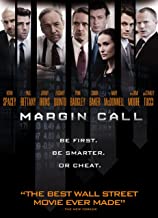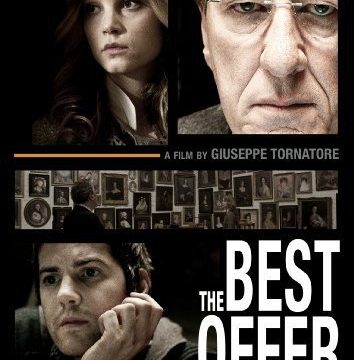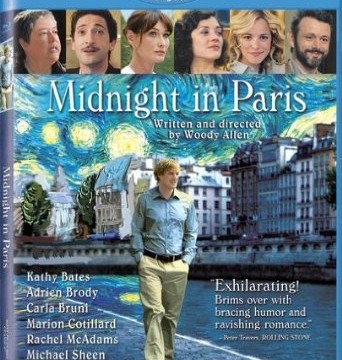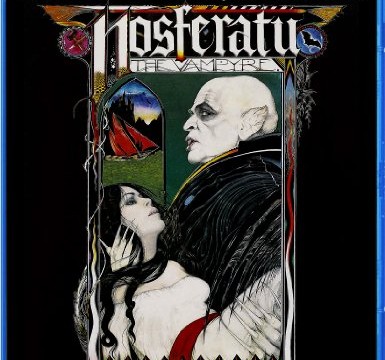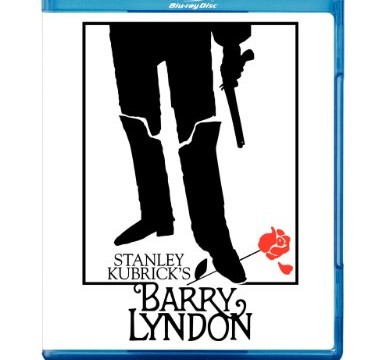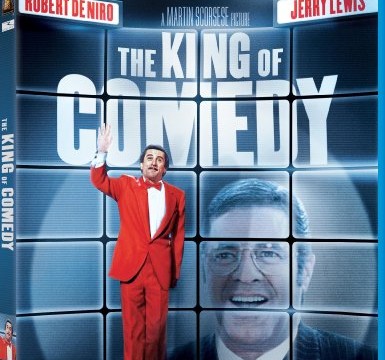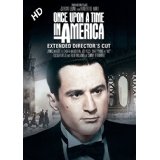Alice (short story) by Krzysztof Mąkosa
The following is a work of fiction. Names, characters, places and incidents either are products of the author’s imagination or are used fictitiously. Any resemblance to actual events or locales or persons, living or dead, is entirely coincidental.
To Gosia
Alice
1
It happened suddenly, like an accident, in the fall of 1994.
Alice, a young woman he didn’t know, left a short message on his answering machine. She was a fan of Robert Lipkowicz, the Polish poet. She majored in Russian studies at (unintelligible) in California. She had his number from Mme. Bonté, Lipkowicz’s literary executor. She would call some other time.
Soon he found out a little more about her. Read More →


